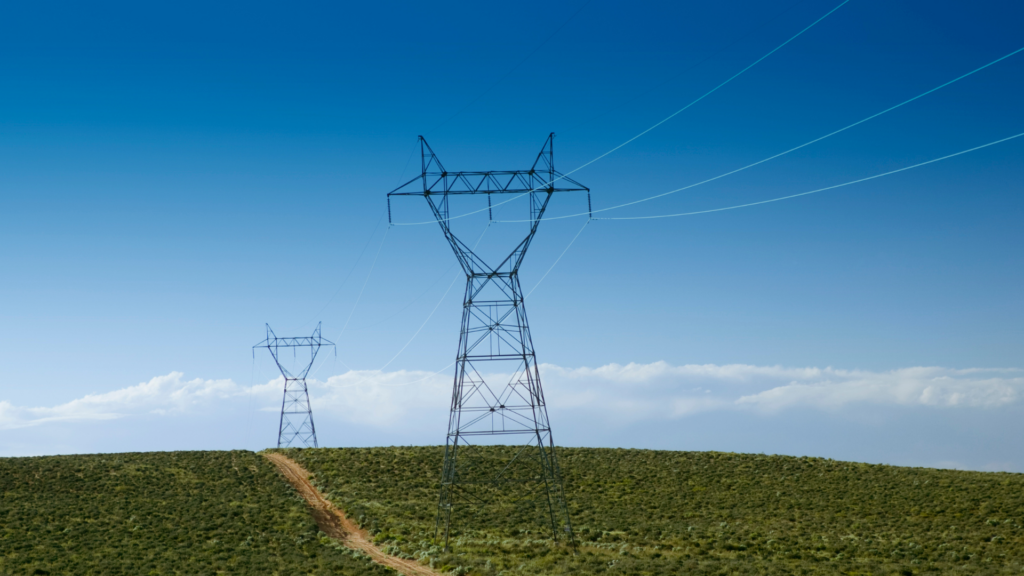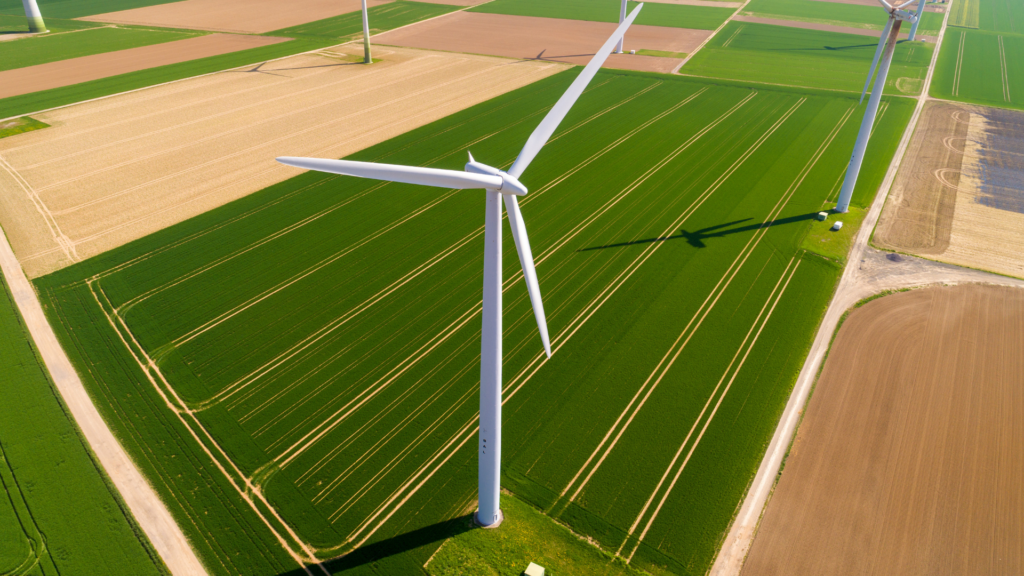22.08.2019 / News
Welcome On Board Austrian Institute of Technology
The European Association for Storage of Energy (EASE) is glad to extend a warm welcome to its newest member Austrian Institute of Technology who joined EASE in July 2019. Mr Hribernik Wolfgang, Head of Center for Energy accepted to discuss with us AIT’s expertise in energy storage and expectations from this collaboration with EASE.
EASE: Mr Hribernik thank you very much for accepting this interview. We are very really happy to have the AIT among our members and we would like to know more about your activities in the sector. Could you summarise the most interesting insights from AIT’s work for energy storage in Europe?
Mr Hribernik: First of all, let me mention that we are very pleased to be accepted as new member of EASE, allowing us to proactively shape the future of energy storage in Europe. With more than 1300 staff, AIT is the largest research and technology organization in Austria dealing with infrastructure related innovations. The Center for Energy focuses on three central areas: energy infrastructure, industrial energy systems and cities, and the built environment. In our research activities we recognise energy storage, both electrical and thermal, as a key technology for a decarbonized economy providing flexibility in terms of different timescales, capacities and applications across the energy system. With our high-quality laboratory infrastructure, we are able to provide unique testing facilities for innovative industries, e.g. utilities, grid operators, component manufacturers in order to speed up the development process for energy storage technologies.
EASE: We look forward for a very fruitful collaboration with you and to receive AIT’s inputs for our Working Groups and Task Forces. What created the interest from your company to join EASE?
Mr Hribernik: We perceive EASE as a very powerful platform in Europe gathering all relevant stakeholders along the entire value chain of energy storage. Therefore, membership with EASE will for sure bring along useful insights into the different cutting-edge storage technologies on the European landscape. We are more than happy to share our experiences in energy storage research from the Austrian perspective with other innovation partners and we can hopefully initiate new projects and activities, for instance with the upcoming Horizon Europe. Furthermore, EASE allows us to be part of the energy storage community addressing public policy and decision makers with one strong voice. Energy storage is a promising future market and through EASE AIT can stay up-to-date on the latest developments.
EASE: What is your vision for how storage can contribute to the energy transition?
Mr Hribernik: As the share of renewable energies is constantly increasing and as a result greater fluctuation in the energy networks can be expected in the future, energy supply and demand are drifting further apart. Energy storage is one promising solution for bridging this gap. For understanding the economics behind one must look at the multiple services that can be provided by storage such as balancing services, supporting low-carbon generation, network support or frequency regulation services. If you look for instance at energy intensive industries, a significant increase in thermal energy storage capacities in existing industrial plants and processes will be needed in the future in order to meet the ambitious climate targets. But all this requires further intensified efforts in research and innovation in order to speed up the market uptake of energy storage technologies.
Finally, digitalisation will bring along new business models for the integration of energy storage technologies into our system with new industrial players appearing on the market. In the end, it will be the end-consumers benefitting largely from these developments by lower energy costs, better services and lower environmental impacts.





